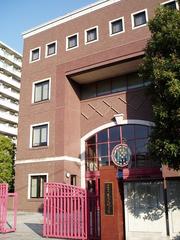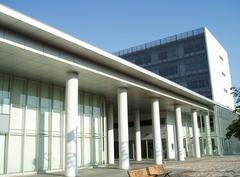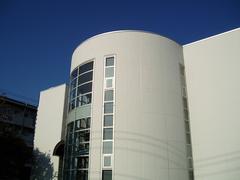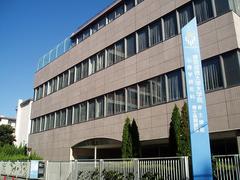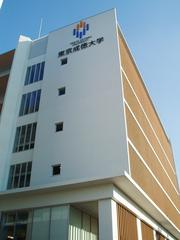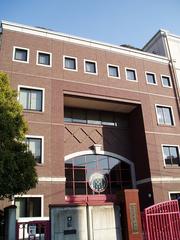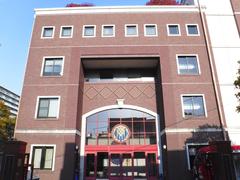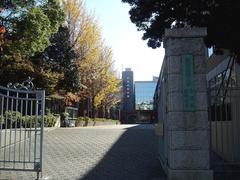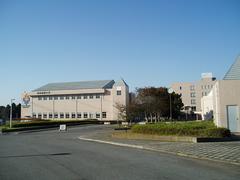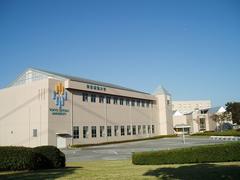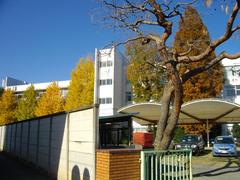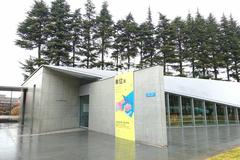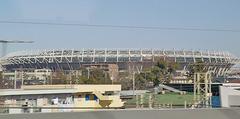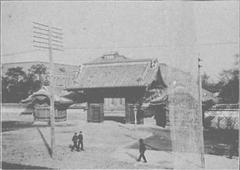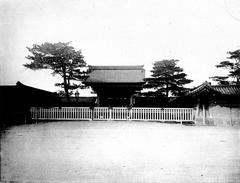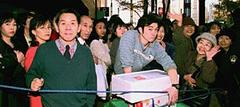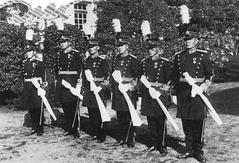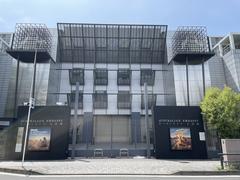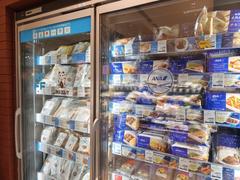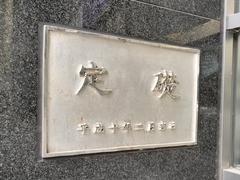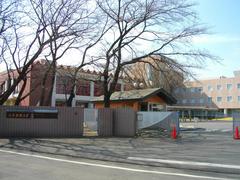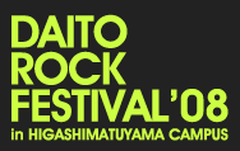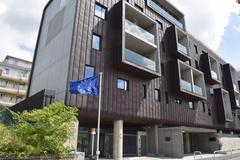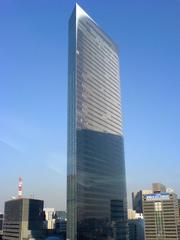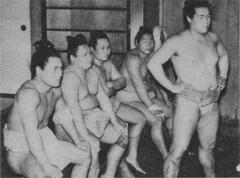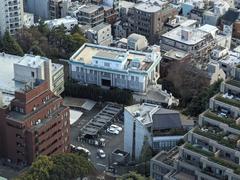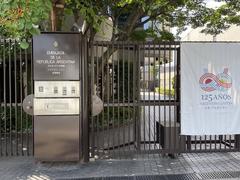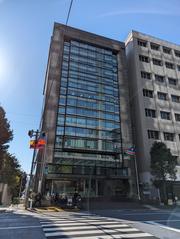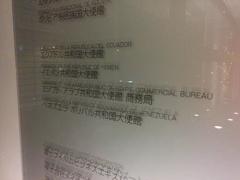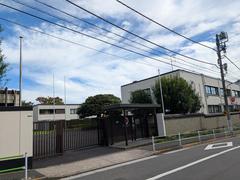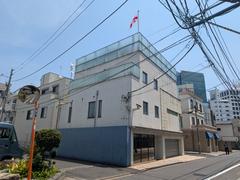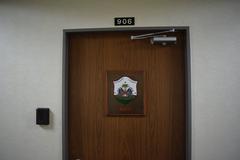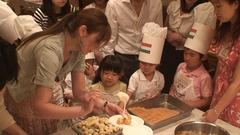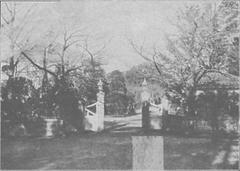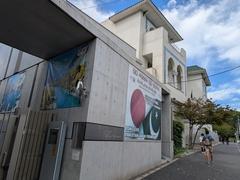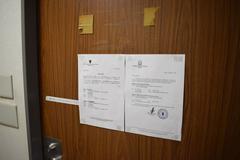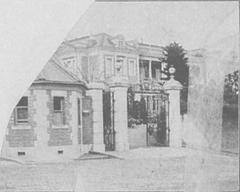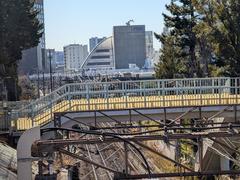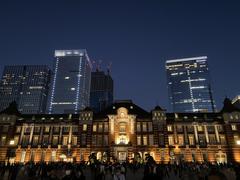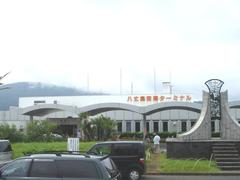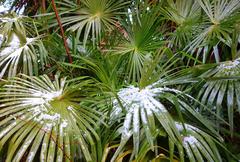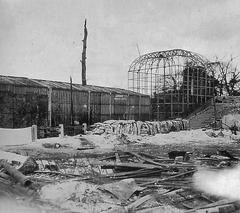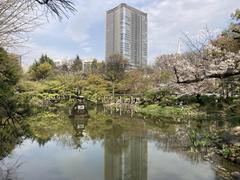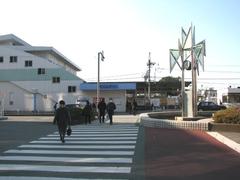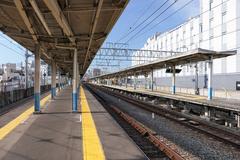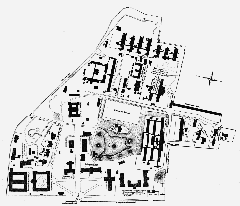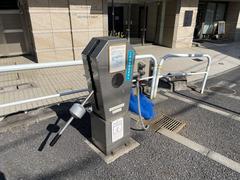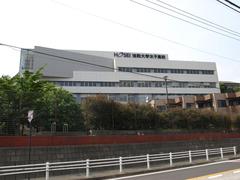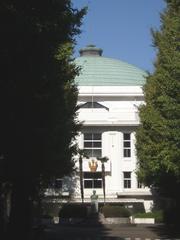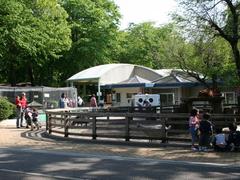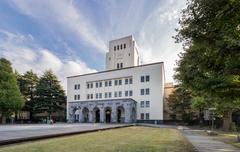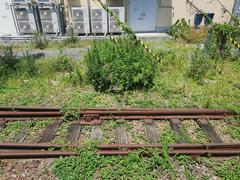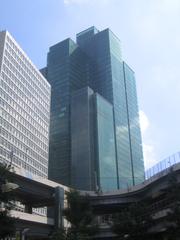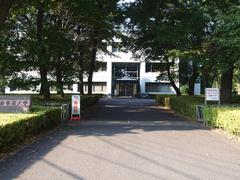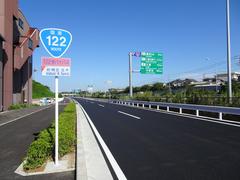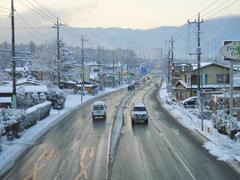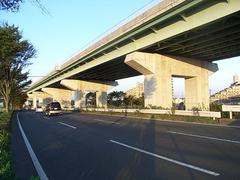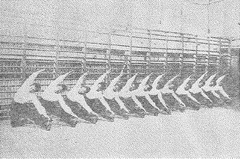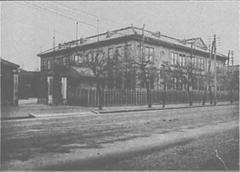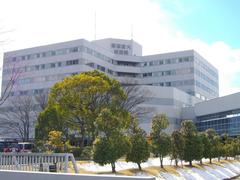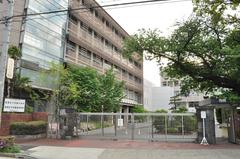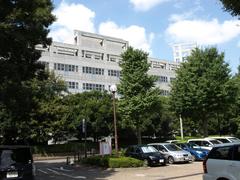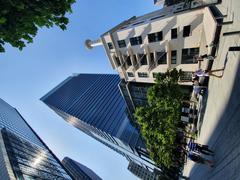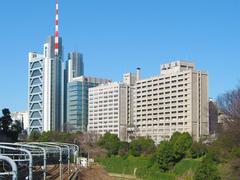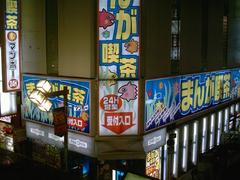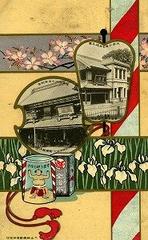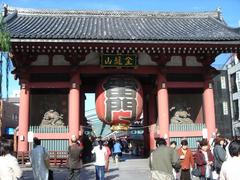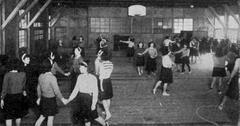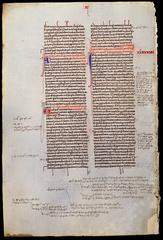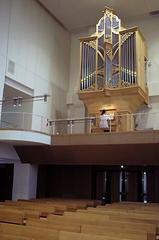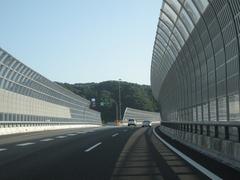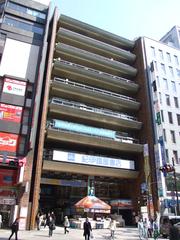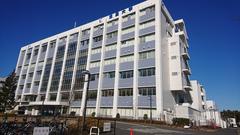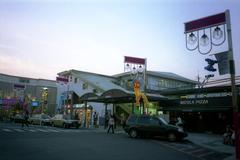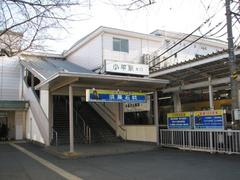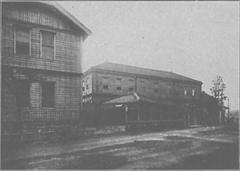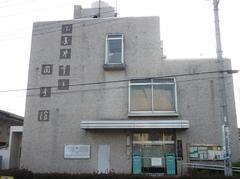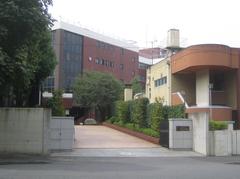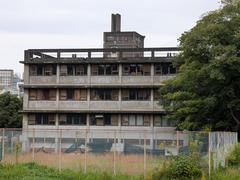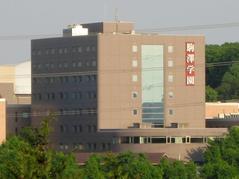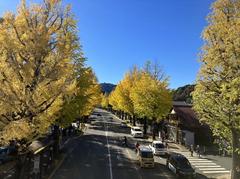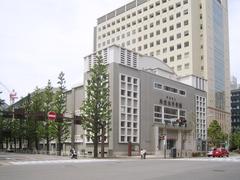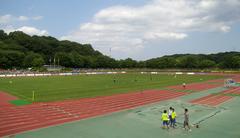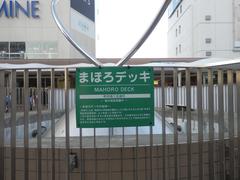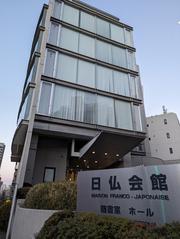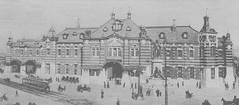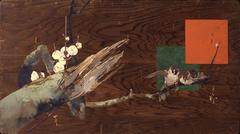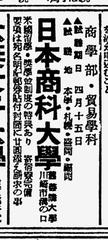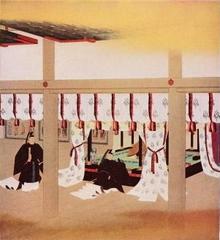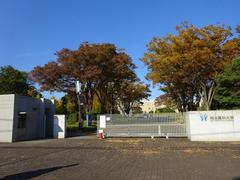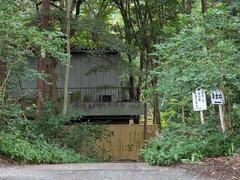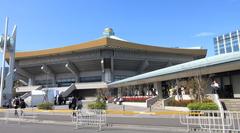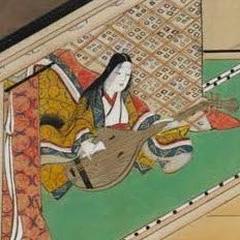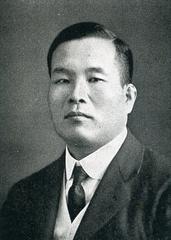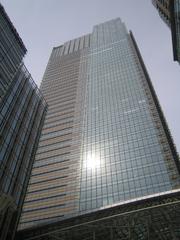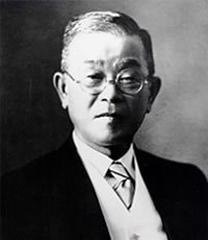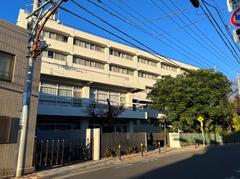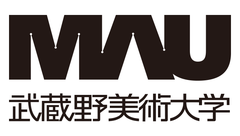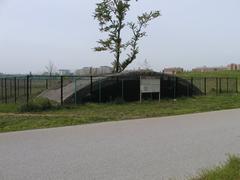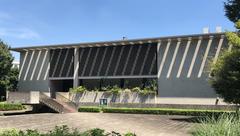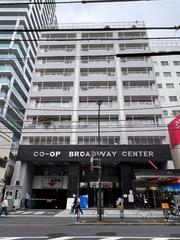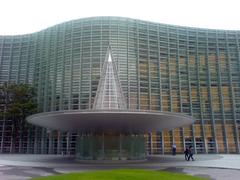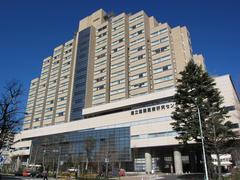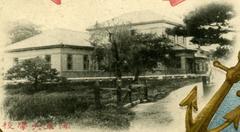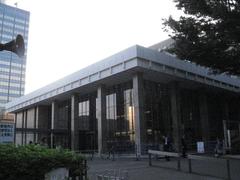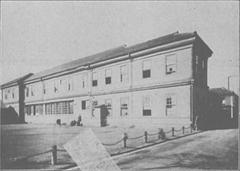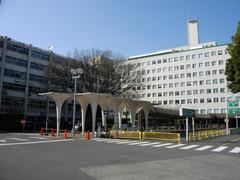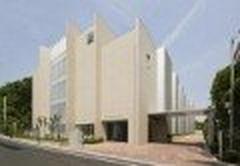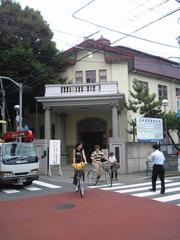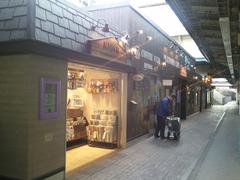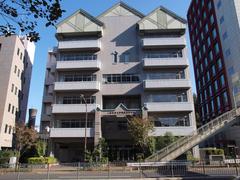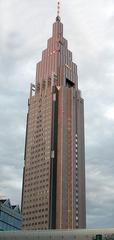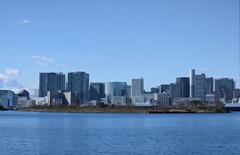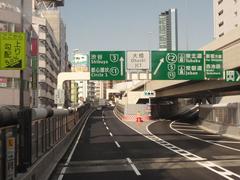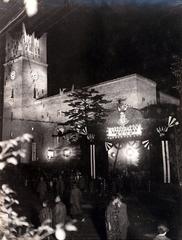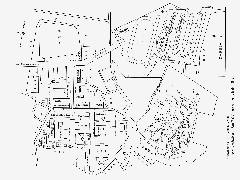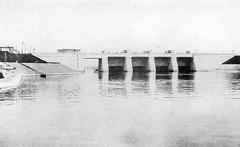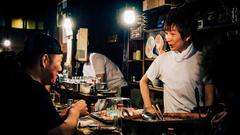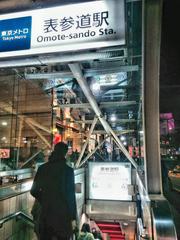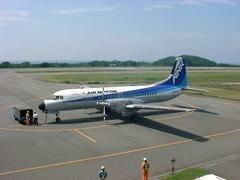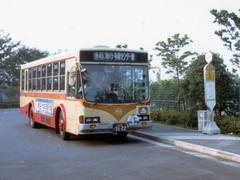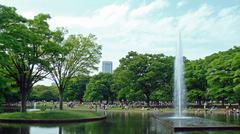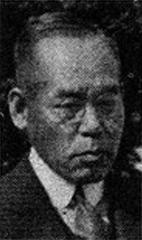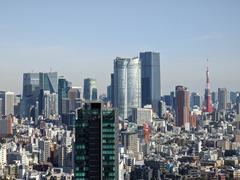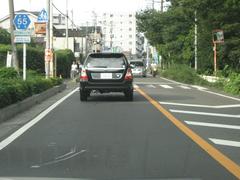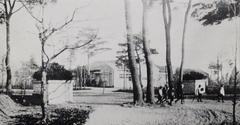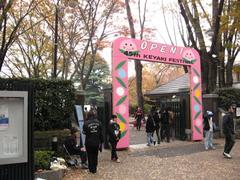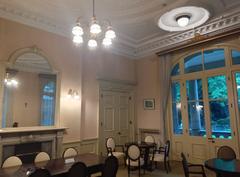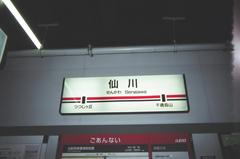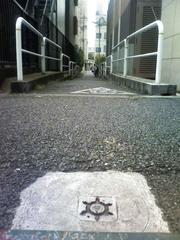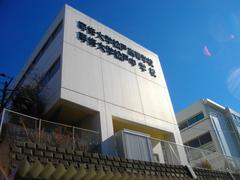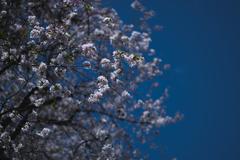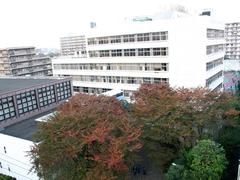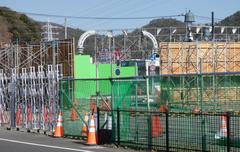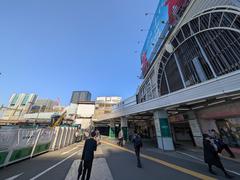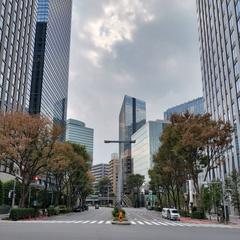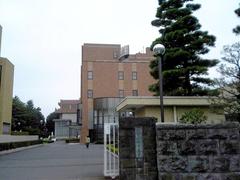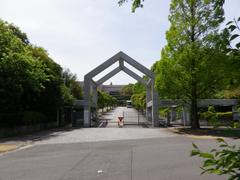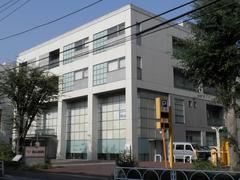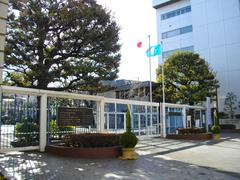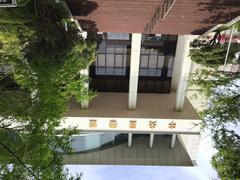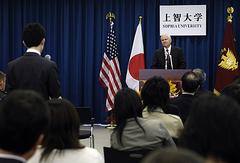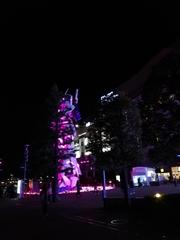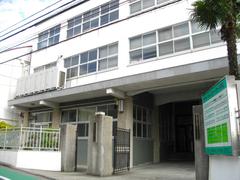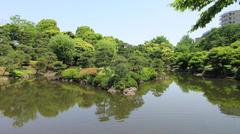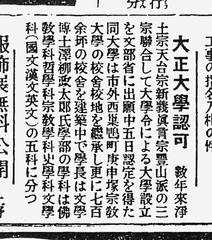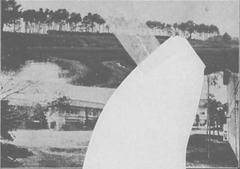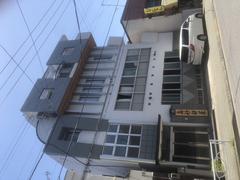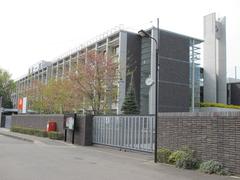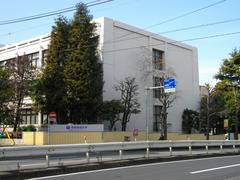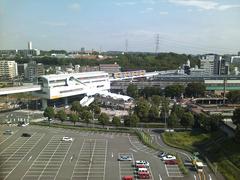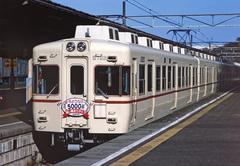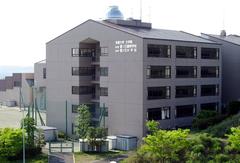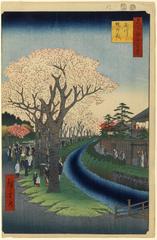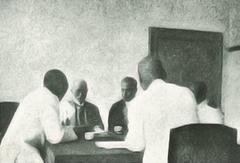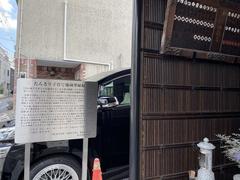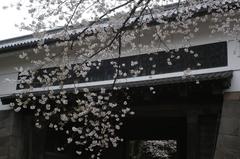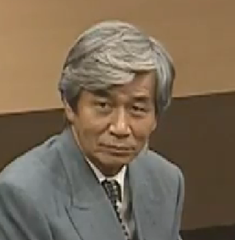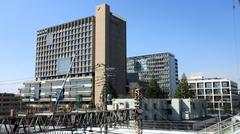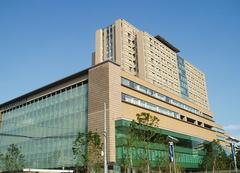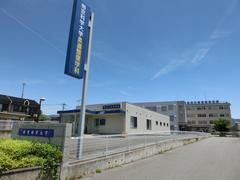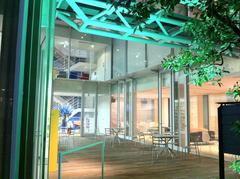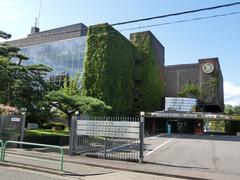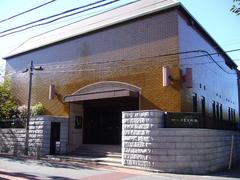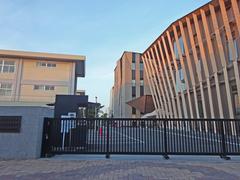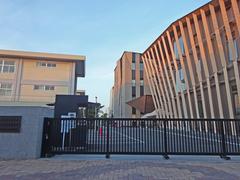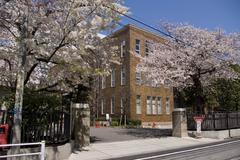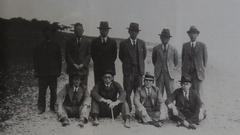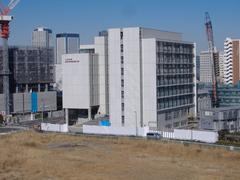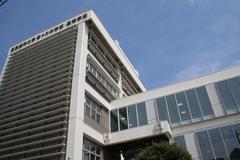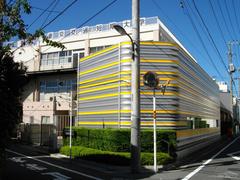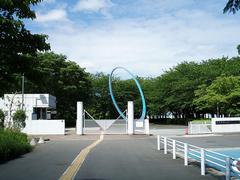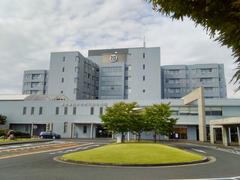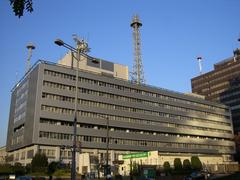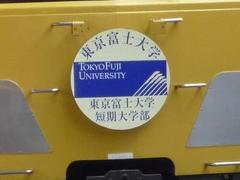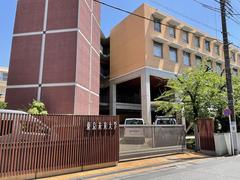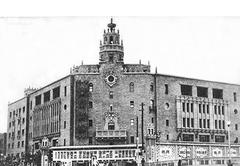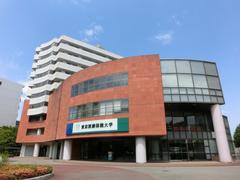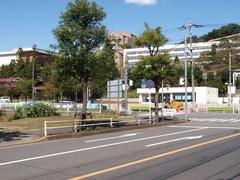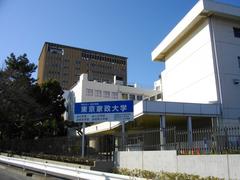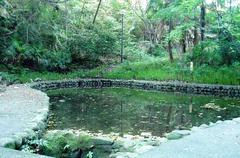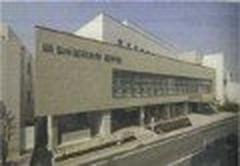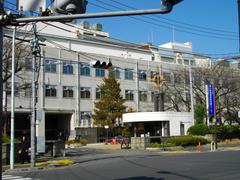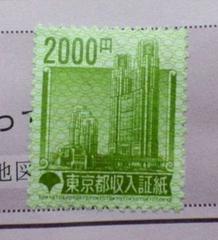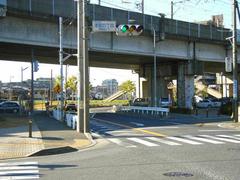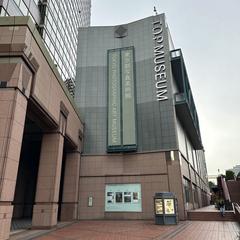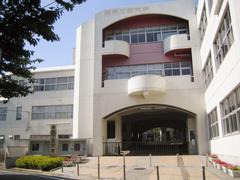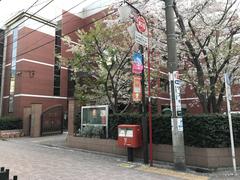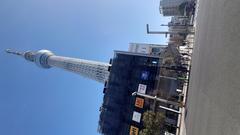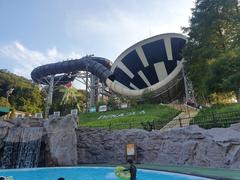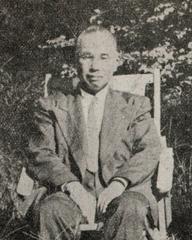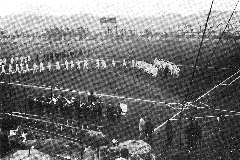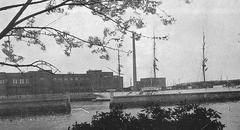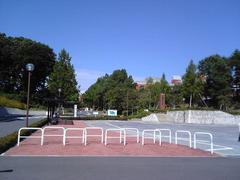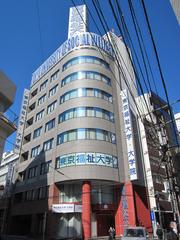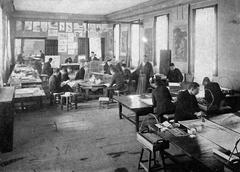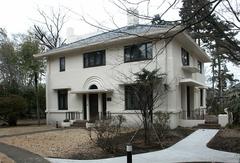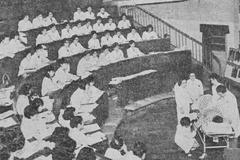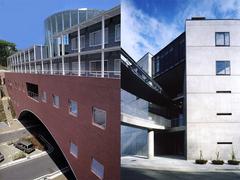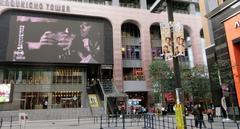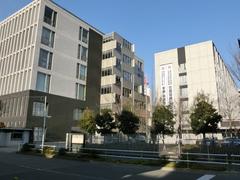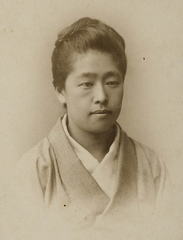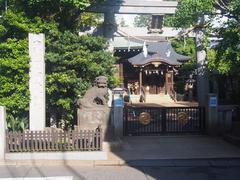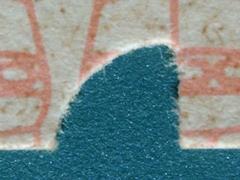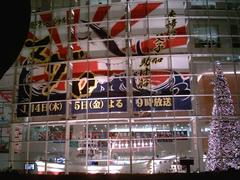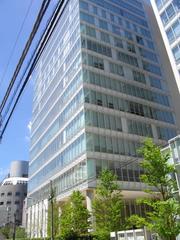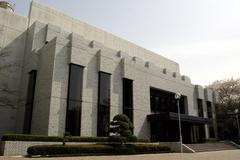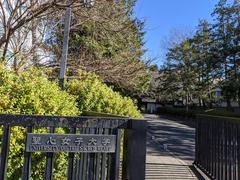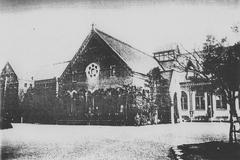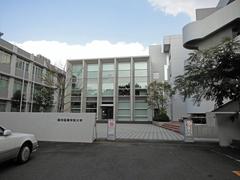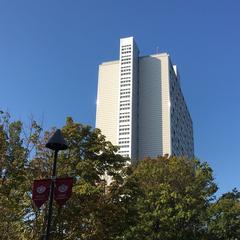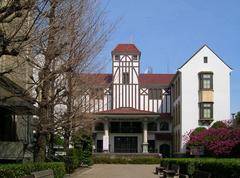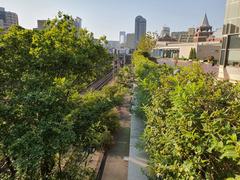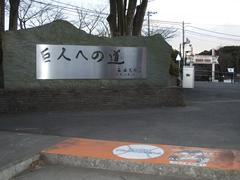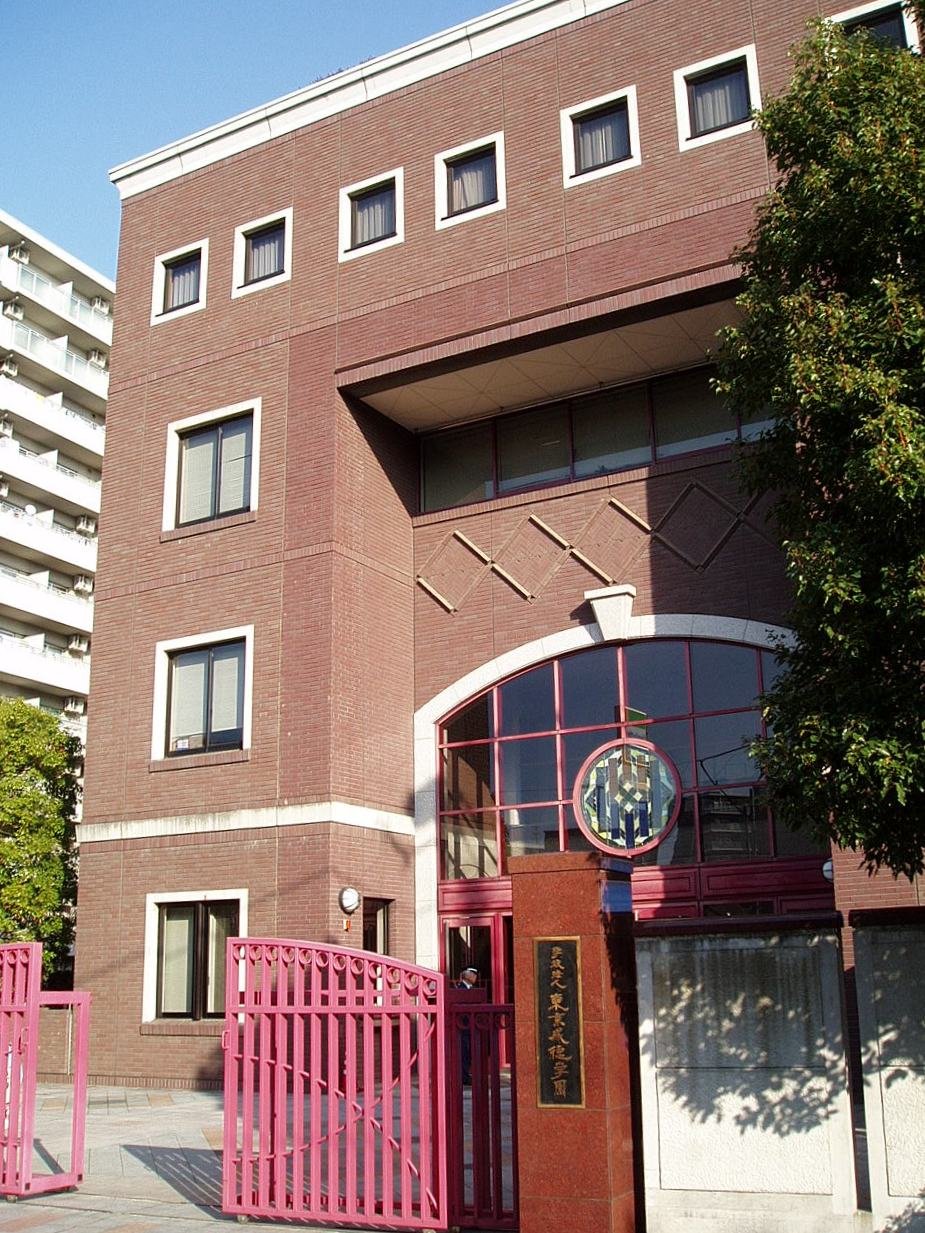
Tokyo Seitoku University Visiting Guide: Hours, Tickets, and Nearby Attractions
Date: 14/06/2025
Introduction
Tokyo Seitoku University is a highly respected educational institution spanning Tokyo’s Kita Ward and Matsudo City in Chiba Prefecture. With a legacy rooted in the principles of harmony inspired by Prince Shotoku, the university blends academic excellence, humanistic values, and cultural vibrancy. Since its origins in the early 20th century, Tokyo Seitoku University has evolved into a modern university, offering visitors a unique opportunity to experience both traditional Japanese architecture and contemporary campus life. This guide details visiting hours, ticketing, accessibility, directions, and nearby attractions to help you make the most of your visit.
For official details and the most up-to-date information, consult the Tokyo Seitoku University website, the Matsudo City Tourism Guide, and the Japan National Tourism Organization.
Table of Contents
- Introduction
- Visiting Tokyo Seitoku University
- Historical Overview
- Campus Features and Visitor Experience
- Nearby Attractions
- Academic and Cultural Significance
- Research, Community, and Internationalization
- Visitor Tips and Practical Information
- Frequently Asked Questions (FAQ)
- Visuals and Media
- References and Resources
- Conclusion and Call to Action
Visiting Tokyo Seitoku University
Visiting Hours
- General Hours: Monday to Friday, 8:30 AM – 5:00 PM (Jyujo campus); 9:00 AM – 5:00 PM (Kita Ward campus).
- Weekend Access: Limited, typically during open campus days or special events. Always check the official website for the latest updates and event schedules.
Tickets and Access
- Admission: Free for casual visitors and those attending public events.
- Special Facilities: Some areas, like university museums or exhibitions, may require advance booking or tickets.
- Guided Tours: Available by appointment, especially for prospective students or groups; open campus days feature structured tours and sample lectures.
Getting There
-
Matsudo Campus:
- Nearest station: Matsudo Station (JR Joban Line, Shin-Keisei Line).
- From the station: 10-minute bus ride or 20-minute walk.
-
Jyujo Campus (Kita Ward, Tokyo):
- Nearest stations: Jyujo Station (JR Saikyo Line), Oji Station, and Akabane Station (JR lines, Tokyo Metro).
- From Jyujo Station: 10-minute walk.
- Campus Map and Access
-
Parking: On-campus parking is limited; public transport is highly recommended.
Accessibility
- Facilities: Both campuses are wheelchair-friendly, with ramps, elevators, and accessible restrooms.
- Assistance: Visitors with specific accessibility needs should contact the university ahead of time.
Historical Overview
Tokyo Seitoku University traces its origins to Seitoku Gakuen, founded in 1933 and inspired by a spirit of harmony and humanistic education. It has grown from a women’s school to a coeducational institution, offering programs from kindergarten through graduate studies. Its educational philosophy centers on the cultivation of moral character, etiquette, and social responsibility, which continues to shape university life today.
Campus Features and Visitor Experience
Architectural Style and Notable Buildings
- Design: The university’s campuses blend traditional Japanese elements (such as serene gardens and wooden facades) with modern, open structures.
- Key Buildings:
- Faculty buildings for International Studies, Applied Psychology, Children Studies, and Business Administration (Official Brochure PDF).
- The Global Education Center (est. 2020) supports international exchange and features advanced classrooms and technology.
- Libraries and resource centers offer quiet study, research opportunities, and digital collections.
Campus Facilities and Student Spaces
- State-of-the-art lecture halls and seminar rooms.
- Hands-on laboratories for psychology and child studies.
- Student lounges, cafeterias (serving Japanese and international cuisine), and multipurpose halls for events and festivals.
- Free Wi-Fi, bilingual signage, and information kiosks for visitor convenience.
Green Spaces and Community Engagement
- Landscaped gardens and courtyards, including cherry blossom viewing spots in spring.
- The Yachiyo campus is renowned for larger green areas and outdoor activity spaces.
- Cultural clubs and the Global Education Center host tea ceremonies, calligraphy, lectures, and workshops open to the public.
Nearby Attractions
Enhance your visit by exploring local sites:
-
Matsudo City:
- Matsudo City Museum: Local history and art.
- Nikko Kaido Road: Scenic walking route.
- Tojo Shrine: Traditional Shinto architecture.
-
Kita Ward (Tokyo):
- Oji Shrine: Historic Shinto site.
- Asukayama Park: Renowned for cherry blossoms and museums.
- Akabane District: Lively shopping and dining, local Tokyo experience.
For more, see the Japan Guide.
Academic and Cultural Significance
- Founded on the principles of harmony, TSU emphasizes a holistic approach to education, producing graduates skilled in business, psychology, social welfare, and education.
- The university has a strong legacy of women’s empowerment and community service.
- Events such as “SEITOKU Summer Childcare University” and seasonal festivals highlight TSU’s dynamic campus life.
Research, Community, and Internationalization
- Active in research on child development, mental health, and social welfare, with public lectures and workshops.
- Expanding international programs, English-language courses, and global partnerships.
- Welcomes visitors from abroad with English support services and signage.
Visitor Tips and Practical Information
- Plan Ahead: Check the official website for current hours, tours, and events.
- Best Times to Visit: Spring (cherry blossoms) and autumn (fall foliage) offer the most scenic campus views.
- Transport: Use IC transport cards (Suica/Pasmo) for Tokyo’s efficient train and bus systems (Time Out Tokyo).
- Luggage Storage: Available at major train stations; advisable before heading to campus.
- Wi-Fi: Public Wi-Fi may be limited; consider renting a pocket Wi-Fi or SIM card (Time Out Tokyo).
- Language: English signage is common, but basic Japanese greetings are appreciated (Lonely Planet).
- Etiquette: Dress modestly, keep noise low, ask before taking photos of people, and respect restricted areas.
- Dining: University cafeterias are open to visitors during designated hours.
- Safety: TSU is a secure campus with posted emergency procedures. Download the “Safety Tips” app for alerts (Lonely Planet).
Frequently Asked Questions (FAQ)
Is the university open to public visitors?
Yes, campuses are generally open during weekday hours; guided tours are available by appointment.
Do I need tickets to visit?
No, campus entry is free; some events or facilities may require registration or a small fee.
Is the campus wheelchair accessible?
Yes, both campuses are equipped for accessibility. Contact the university for specific needs.
Are photographs allowed?
Photography is allowed in most outdoor areas; check signage for restrictions and always ask before photographing people.
Can I attend lectures or events?
Many events are open to the public. See the event calendar for details.
Visuals and Media
Browse the official website for high-quality images, virtual tours, and campus maps. Visual highlights include cherry blossoms, modern buildings, and seasonal events.
References and Resources
- Tokyo Seitoku University Official Website
- Matsudo City Tourism Guide
- Japan National Tourism Organization
- Tokyo Seitoku University Campus Access and Features
- 4icu.org University Review
- Japan Guide: Kita Ward
- Official Brochure PDF
- Time Out Tokyo
- Lonely Planet
- Study Abroad Aide
- EduRank
Conclusion and Call to Action
Tokyo Seitoku University offers a harmonious blend of tradition and innovation, making it a rewarding destination for students, travelers, and cultural enthusiasts alike. Explore peaceful gardens, modern learning spaces, and a vibrant community dedicated to social responsibility and global awareness. Combine your campus visit with nearby shrines, parks, and local eateries for a richer Tokyo experience.
For the latest updates, check the official website, download the Audiala app for real-time navigation and event alerts, and follow TSU on social media. Share your visit using #SeitokuExperience and become part of the university’s dynamic community.
